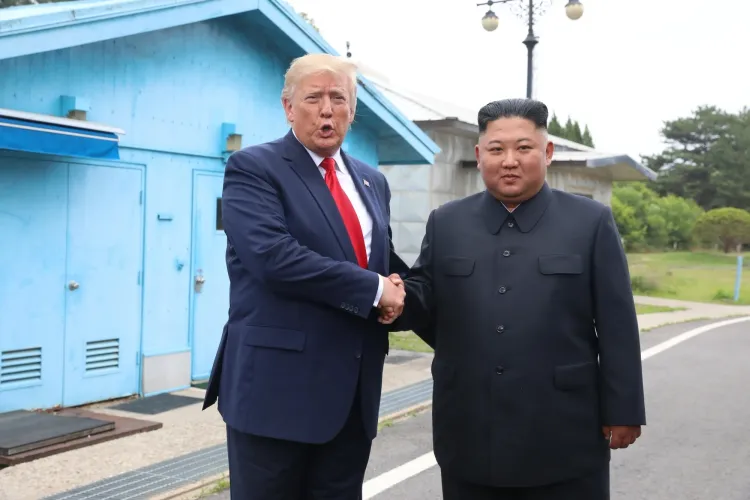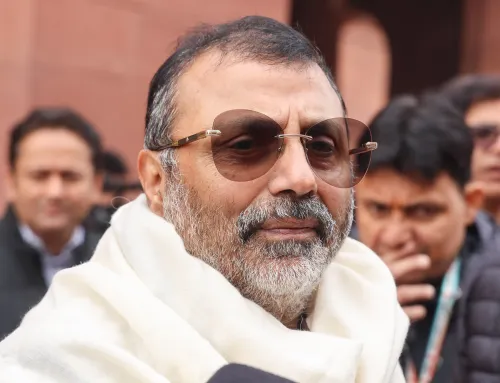North Korea Poised to Develop ICBMs Capable of Striking US Soil, Warns Senior US General

Synopsis
Key Takeaways
- North Korea on the verge of ICBM production.
- General Guillot warns about nuclear payload delivery capabilities.
- US policy focuses on North Korea's missile programs.
- Previous negotiations have failed to yield results.
- North Korea's missile tests continue despite sanctions.
Seoul, Feb 14 (NationPress) North Korea is on the verge of commencing the production of Intercontinental Ballistic Missiles (ICBMs) that could potentially target the US mainland, a senior military official from the United States cautioned on Friday.
While addressing the Senate Armed Services Committee, the chief of US Northern Command (USNORTHCOM) and North American Aerospace Defence Command, General Gregory Guillot, indicated that North Korea possesses the capability to deliver a nuclear payload across North America, while simultaneously limiting the US's capacity to issue pre-launch alerts.
In his written testimony to the committee, Guillot elaborated on the initial flight test of the Hwasong-19 (HS-19) ICBM conducted last October, which analysts believe has the potential to fly further and at higher altitudes.
The United States has consistently underscored the growing threat posed by North Korea's nuclear arms and missile development under President Kim Jong Un, which jeopardizes US interests in East Asia and the homeland. US policy regarding North Korea is primarily centered around its nuclear arsenal and missile initiatives. Numerous attempts have been made to negotiate the dismantling of these weapons, but North Korea has remained unyielding.
During his first term in 2017, US President Donald Trump warned of unleashing “fire and fury” against North Korea if its actions endangered US security and interests amid escalating tensions.
Following their June 2018 summit in Singapore, Trump and Kim reconvened in Hanoi, Vietnam in February 2019 to discuss North Korea’s nuclear and missile initiatives alongside fostering a new bilateral relationship.
The meeting concluded prematurely as both leaders failed to reach a consensus on denuclearization and the easing of sanctions, with Trump insisting that sanctions would remain until Kim completely relinquished his nuclear program.
In June 2019, Trump made a historic visit to North Korea, during which both leaders reiterated their commitment to ongoing negotiations aimed at achieving what has remained an elusive nuclear agreement. However, these discussions did not yield any substantial progress toward ending North Korea's nuclear activities.
Engagement between the US and Kim saw a slowdown with Trump being succeeded by Joe Biden in 2021.
In 2022, Kim proclaimed that North Korea would never denuclearize while continuing to test numerous ballistic missiles, including multiple ICBM tests capable of carrying nuclear warheads. This occurred despite warnings from the US and various nations regarding such destabilizing actions and the imposition of unilateral sanctions. The United Nations has also enacted multiple resolutions imposing sanctions on North Korea for its nuclear weapon development.










